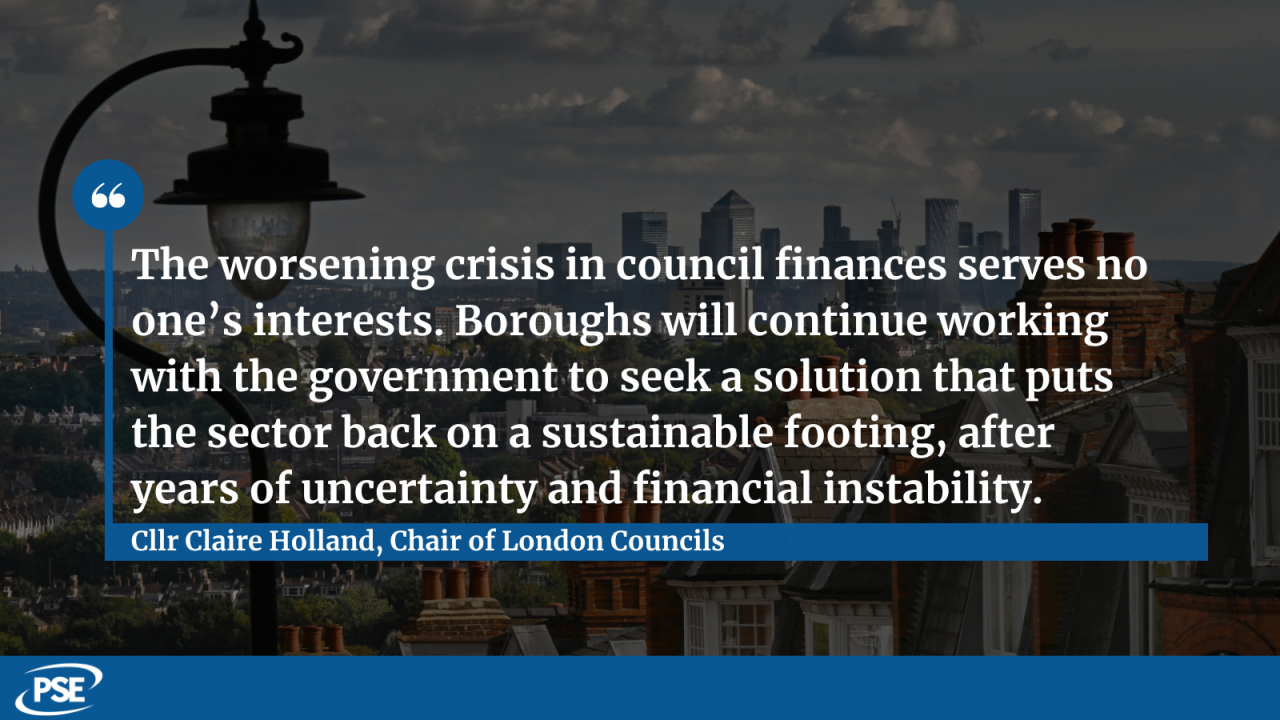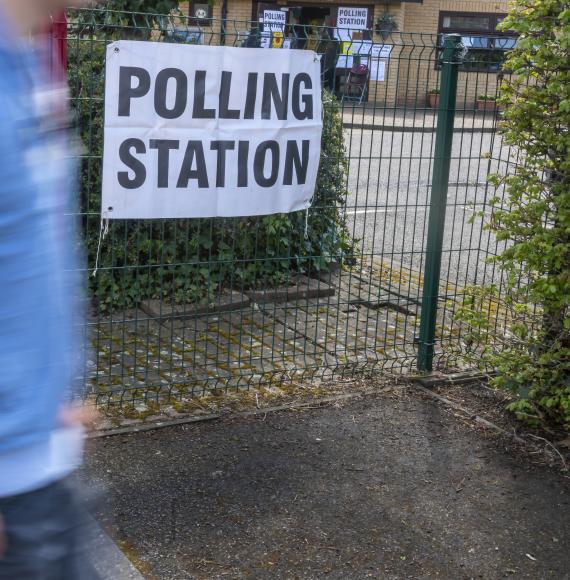Town halls across London are facing an “impossible” challenge to bridge a £4.7 billion funding gap over the next four years, according to new analysis from London Councils.
The cross-party group warns that without urgent government action, “inevitable” cuts to local services and a surge in emergency borrowing will follow.
The figures, based on a survey of all 33 London local authorities by the Society of London Treasurers, reveal that boroughs must make £600 million in savings this year alone (2025–26), with the annual shortfall expected to rise to £1.5 billion by 2026–27.
The funding crisis is being driven by rising demand for statutory services such as homelessness support, adult social care, and children’s services, alongside the anticipated impact of the government’s Fair Funding Review 2.0.
London Councils warns the proposed reforms could reduce London’s share of government funding, despite the capital’s high levels of deprivation, housing poverty, and service delivery costs.
Currently, six boroughs rely on Exceptional Financial Support to balance their budgets. London Councils forecasts that up to 17 boroughs—half of London’s councils—could require emergency support by 2028.
EFS allows councils to borrow from the Public Works Loan Board or sell assets to avoid issuing a Section 114 notice, which is effectively a declaration of bankruptcy.
Chair of London Councils, Cllr Claire Holland, said:
“These eye-watering figures show the frankly impossible financial challenge facing boroughs and the prospect of an enormous funding gap opening up in the coming years.
“After more than a decade of structural underfunding, the resources available to boroughs are nowhere near enough to meet the spiralling cost of providing vital local services to Londoners. Research from the IFS has previously shown London has the widest gap between resource and need of any region in the country when it comes to council funding.
“The current proposals set out in the Fair Funding Review 2.0 risk exacerbating these pressures on borough budgets. Without an approach that reflects London’s high levels of need, deprivation and the cost of delivering services, further rounds of cuts are sadly inevitable and many more boroughs will be pushed into emergency measures to avoid bankruptcy.
“The worsening crisis in council finances serves no one’s interests. Boroughs will continue working with the government to seek a solution that puts the sector back on a sustainable footing, after years of uncertainty and financial instability. This is critical to us delivering on our shared priorities, including building homes, creating jobs and driving economic growth.”

London Councils is urging the government to:
- Amend or delay the children’s services formula, which wrongly assumes a 40% drop in need
- Fully account for deprivation and housing poverty, using more accurate measures than the current Index of Multiple Deprivation
- Remove the ‘remoteness factor’, which unfairly redistributes funding away from urban areas
- Guarantee no council is worse off under the funding reforms
Without intervention, boroughs may be forced to cut libraries, children’s centres, waste collection, road maintenance, and leisure facilities, impacting millions of Londoners.
Image credit: iStock



















